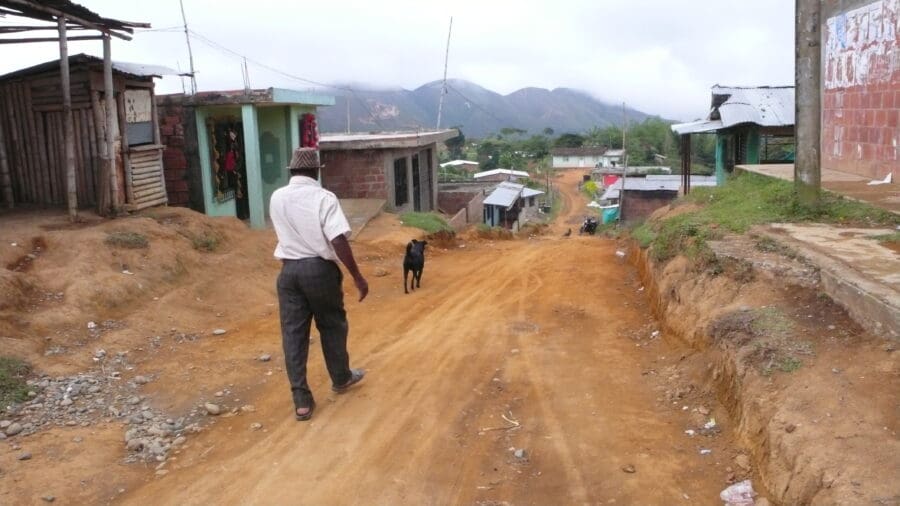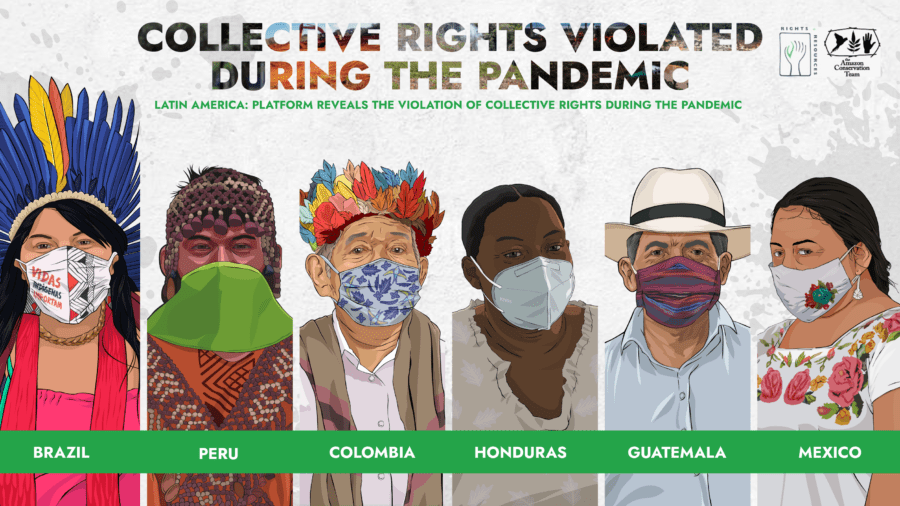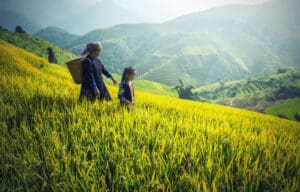Following more than three years of investigation into the armed conflict in Colombia, the Truth Commission, which was created by the signing of the peace agreement between the government and the Revolutionary Armed Forces of Colombia (FARC) in 2016, published the first chapter of its final report on June 28, 2022. The Commission was created to clarify human rights violations and infractions committed during the armed conflict and to create conditions for coexistence and non-repetition.
This report includes, in addition to victim testimonies, an in-depth analysis of the impacts that the conflict had on the country’s women and Indigenous and Afro-descendant Peoples due to their historical stigmatization, marginalization, and structural exclusion from power limiting the enjoyment of their basic human rights.
For the first time, there is a figure for how many people lost their lives during the longest internal armed conflict in Latin America. By cross-referencing 112 databases, the Truth Commission, the Special Jurisdiction for Peace, and the Human Rights Data Analysis Group (HRDAG) were able to estimate that between 1986 and 2016, 450,666 people died. The vast majority—80 percent—were civilians. They also estimate that 45 percent of these people died at the hands of paramilitaries and include numbers for other crimes such as kidnapping, for which the extinct guerilla group FARC were mainly responsible, claiming 50,770 victims.
The published chapter titled “Synthesis, findings and recommendations” indicates that Indigenous Peoples, Afro-descendant Peoples, and peasants were constant targets of decisions that allowed for the monopolization of land, according to a model of accumulation by dispossession, which deprived them of opportunities for individual and collective development.
“The displacement of more than nine million people and the loss of more than eight million hectares usurped or abandoned because of the violence of the armed conflict have not only meant an agrarian counter-reform. It added to the State’s inability to regulate land ownership rights and conflicts over its use, reflect the low quality of democracy that exists in the country.”
The chapter titled “When the birds did not sing: stories of the armed conflict in Colombia”, includes testimonies from survivors chronicling the impacts the armed conflict had on their lives. On page 126, the following messages from Indigenous Arawak elders explain their cosmology and philosophy, offering us an alternative view on violence, peace, reparation, and forgiveness in Colombia that we can all learn from:
“And what is violence?”
“Violence is the reflection of the disconnection of the human being with nature. The disconnection of the human being with the real world of Mother Earth, with all the components that exist in the universe. What we call violence today is the detachment from the umbilical thread of Mother Earth and the loss of knowledge of her orders and rules. When you lose that, you move according to your human impulses, but not according to the natural impulse. The human impulse leads to fighting between brothers. In other words, violence is generated by the disorder to Mother Earth and the loss of ancestral knowledge.”
***







